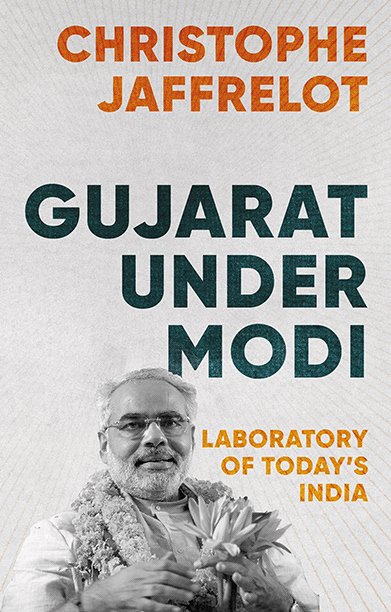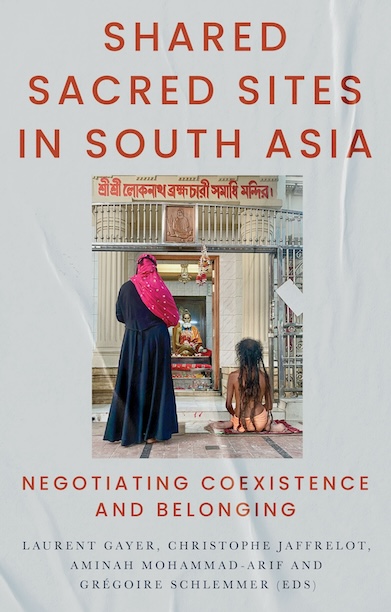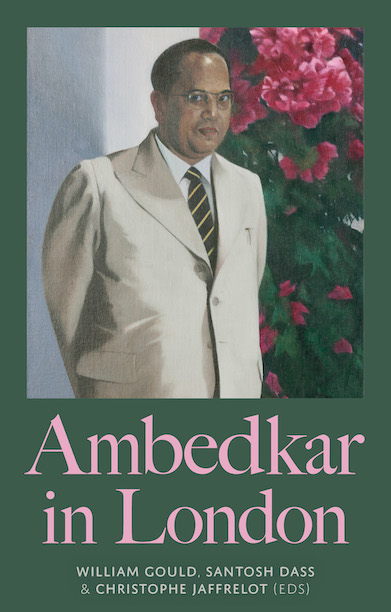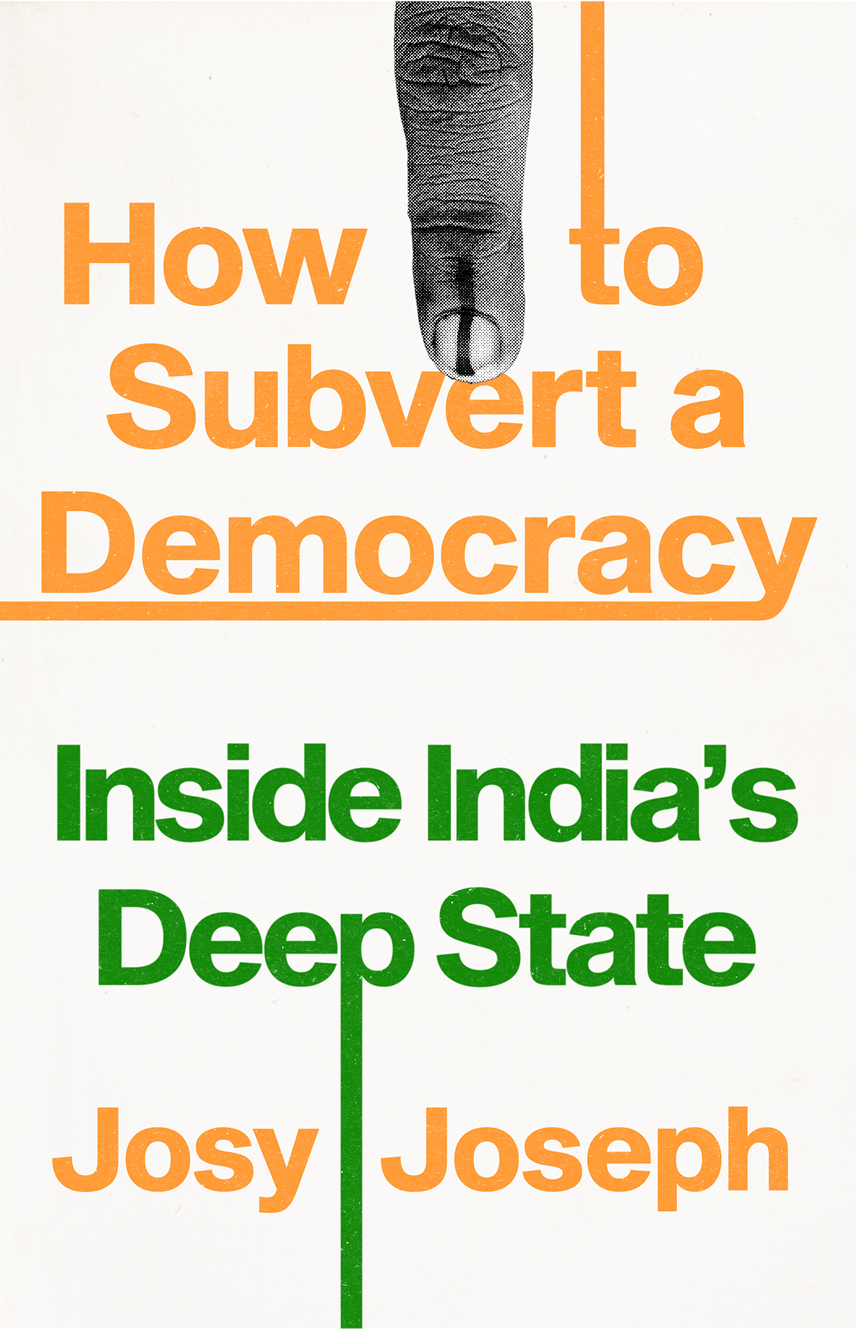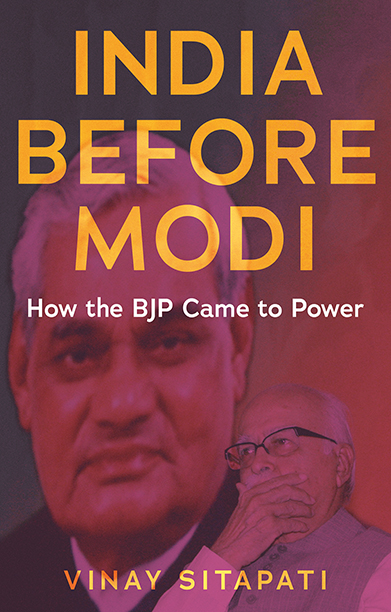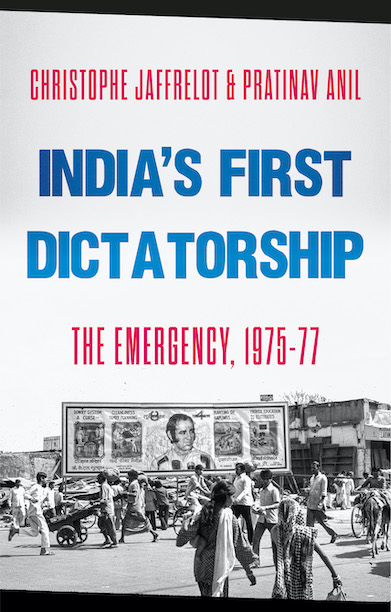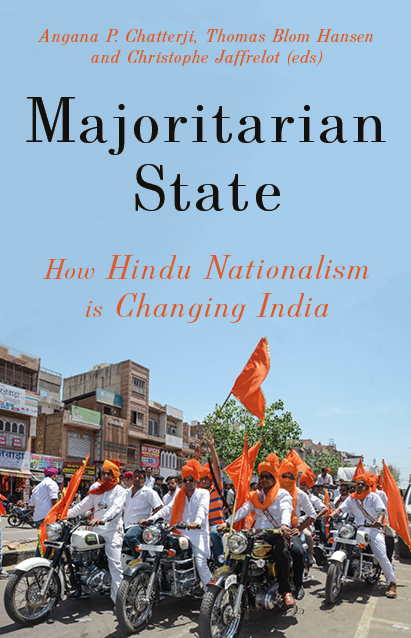Gujarat Under Modi
Laboratory of Today's India
Part of the Comparative Politics and International Studies Series Christophe Jaffrelot (ed.) seriesSelected as one of the ‘Books to Read in 2023’ in the Financial Times
The definitive account of Modi’s rule over his home state of Gujarat, for better and worse—a template he now applies to India as a whole.
Description
In 2012 Narendra Modi became the first Hindu nationalist politician thrice elected to lead a state of the Indian Union, his stewardship as Chief Minister of Gujarat being the longest in that state’s history. Modi and his BJP supporters explained his achievement by pointing to economic growth under his leadership, yet detractors point out that Modi has been more business-friendly than market-friendly—to the benefit of large industrial corporations, and at the cost of great social polarisation.
In 2002, an anti-Muslim pogrom of unparalleled ferocity occurred in Gujarat, leading to the biggest number of Muslim deaths since Partition. The state’s Hindu majority immediately rallied around Modi. No serious riot has occurred in Gujarat since, but polarisation was key to Modi’s strategy there, and he has deployed that strategy again and again since he became Prime Minister of India in 2014. For Modi has cultivated a communal image. A marketing genius, his messaging combines the politics of Hindutva with economic modernisation, to the clear appreciation of Gujarat’s middle class.
Christophe Jaffrelot’s revealing book shows how Modi’s Gujarat served as the laboratory of Modi’s India, not only in terms of Hindu majoritarianism and national populism, but also of caste and class politics.
Reviews
‘There are few writers with the rigour and knowledge of Modi’s career like Jaffrelot … [Gujarat Under Modi] is a demanding but essential read about how one of the world’s most effective politicians built his political base and brand.’ — Financial Times
‘Jaffrelot’s acute analysis presents Modi’s “Gujarat model” as both a product of the state’s distinctive political culture and a stark departure from its previous traditions… . [It] powerfully illustrate[s] the perils for a democracy when authoritarian state power is yoked to a brute majoritarianism intent on bullying into submission minorities and dissenters.’ — TLS
‘Few writers have documented Modi’s rise as rigorously as Christophe Jaffrelot… . [He] meticulously details how Modi developed the prototype of Hindu authoritarianism in Gujarat…. . Essential reading for those who want to understand contemporary India, and for anyone concerned about the state of democracy in the world.’ — Literary Review
‘One of the most important recent books to understand how Mr Modi has controlled and governed India from 2014 by extending the template created in Gujarat from 2002 onward.’ — The Wire
‘Fascinating.’ — The Hindu‘s Frontline magazine
‘[A] richly detailed book… . There are lessons here that reach beyond India’s borders.’ — Labour Hub
‘Gujarat Under Modi… has enriched our understanding of the disquieting phenomenon called Narendra Modi, how it manifested itself first in Gujarat and then got replicated at the national level after 2014.’ — Biblio
‘A rigorous, deeply thoughtful and immensely significant book… . Jaffrelot sets out in meticulous detail how Modi’s 14 years as chief minister in…Gujarat…was the crucible for the nightmare brand of politics that now dominates India.’ — Middle East Eye
‘Christophe Jaffrelot’s latest book meticulously explores how Gujarat, under Modi, became a microcosm of the larger ideological and political shifts occurring across India … By dissecting Modi’s governance in Gujarat, Jaffrelot provocatively unveils the strategic manoeuvres and ideological tropes that would come to define his approach on the national and international stages. This is not a new idea but is undertaken with immense acumen in this truly authoritative study, which will become the defining work on the connection between Modi’s rule of the Gujarat and that of India.’ — International Journal of Asian Studies
‘A scholarly and empirical study … The information and analysis presented in Gujarat Under Modi are vital for anyone seeking to understand contemporary Indian politics and the crisis of democracy in the Third World.’ — Ghanshyam Shah, retired professor, Jawaharlal Nehru University, Delhi, and former Director, Centre for Social Studies, Surat, Gujarat
‘Professor Jaffrelot has worked on the manuscript painstakingly for over two decades, and the thoroughness of his primary and secondary research are apparent. It will be read widely by academics, journalists, and civil society in India as well as by those interested in this distinctive case of alt-right populism that is visible across democracies worldwide.’ — Uday Chandra, Assistant Professor of Government at Georgetown University, Qatar
‘A magisterial analysis of Narendra Modi’s systematic subversion of democracy in Gujarat … Every institution was subjugated to his personal control – even his own party. Bigotry, vigilantism and cronyism thrived. Essential reading to understand Modi’s effort to suffocate India’s democracy.’ — James Manor, School of Advanced Study, University of London
‘Jaffrelot brings his trademark mastery of deep archives and a wealth of sources to provide a definitive account of how Gujarat became the laboratory of Hindutva, drawing on two decades of research. A landmark work for anyone interested in modern India’s deep changes in recent decades.’ — Thomas Blom Hansen, Professor of Anthropology, Stanford University
‘Chronicles the violent bricolage assembled through amplifying the securitisation of society, deep state mobilisations, debasement of institutions, casteism and minoritisation, criminalisation of dissent, and viral propaganda. Jaffrelot’s consummate account demonstrates how this massive and populist undertaking led to Modi’s extraordinary influence, and Hindu nationalism’s incursion to take over India.’ — Angana P. Chatterji, University of California, Berkeley
Author(s)
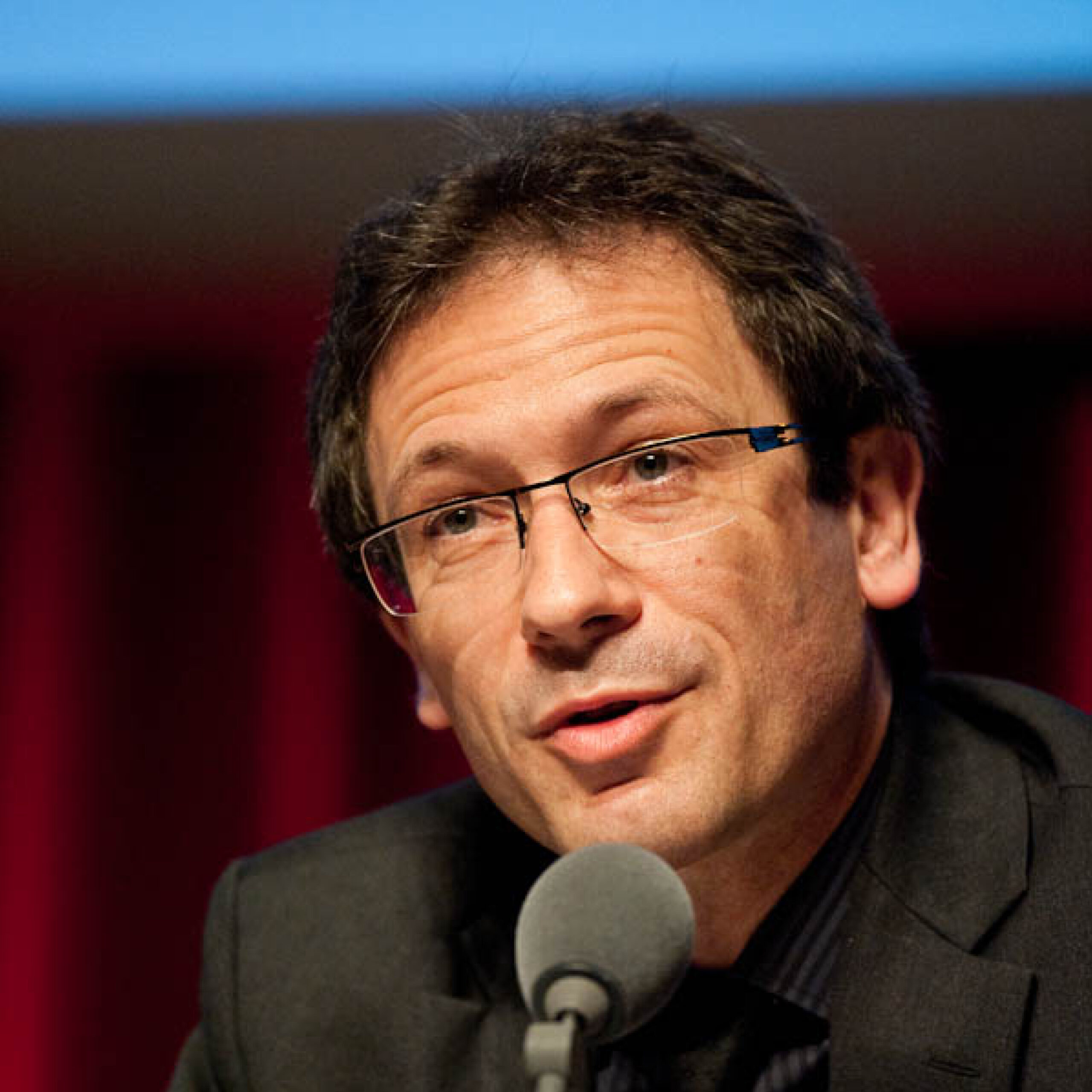
Christophe Jaffrelot is Avantha Chair and Professor of Indian Politics and Sociology at the King’s India Institute, and Research Lead for the Global Institutes, King’s College London. He teaches at Sciences Po CERI, where he was director between 2000 and 2008.
